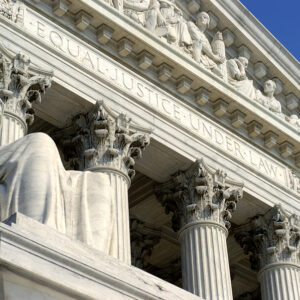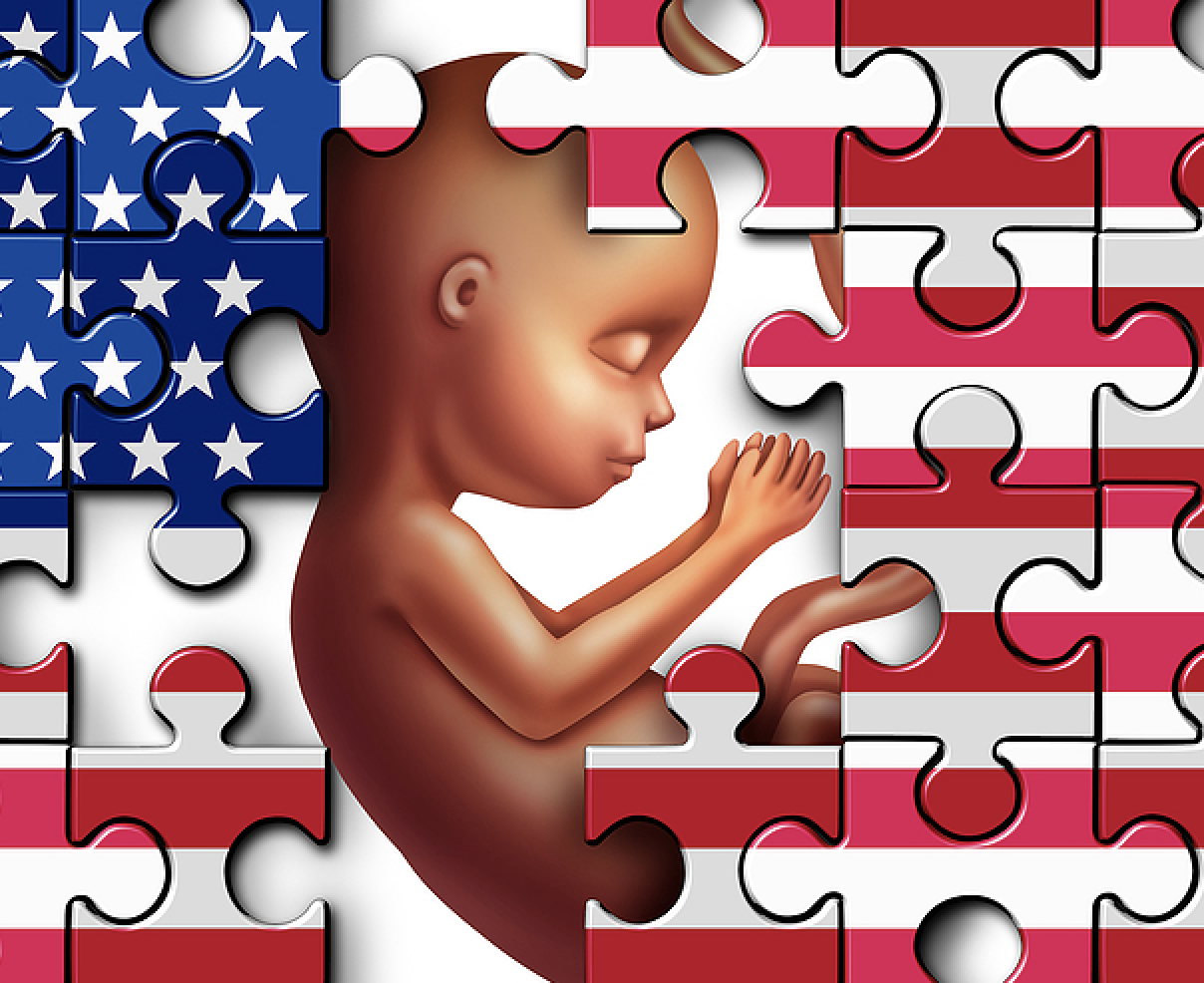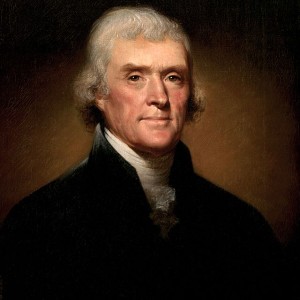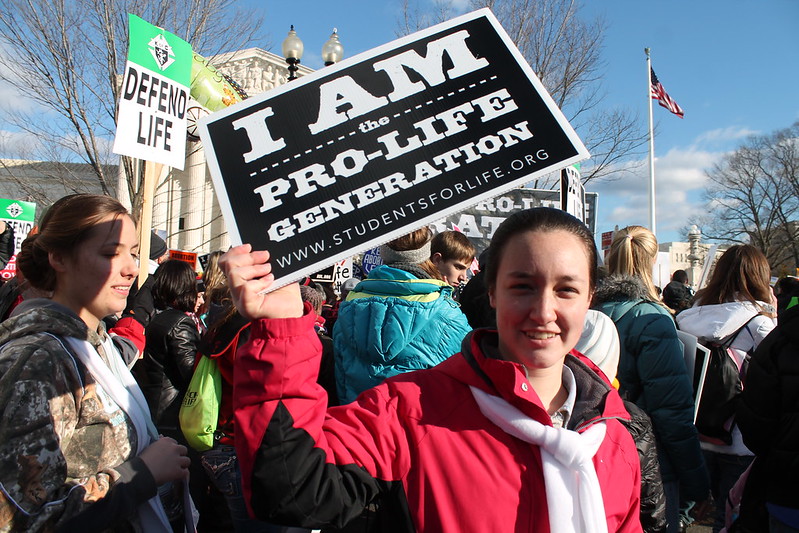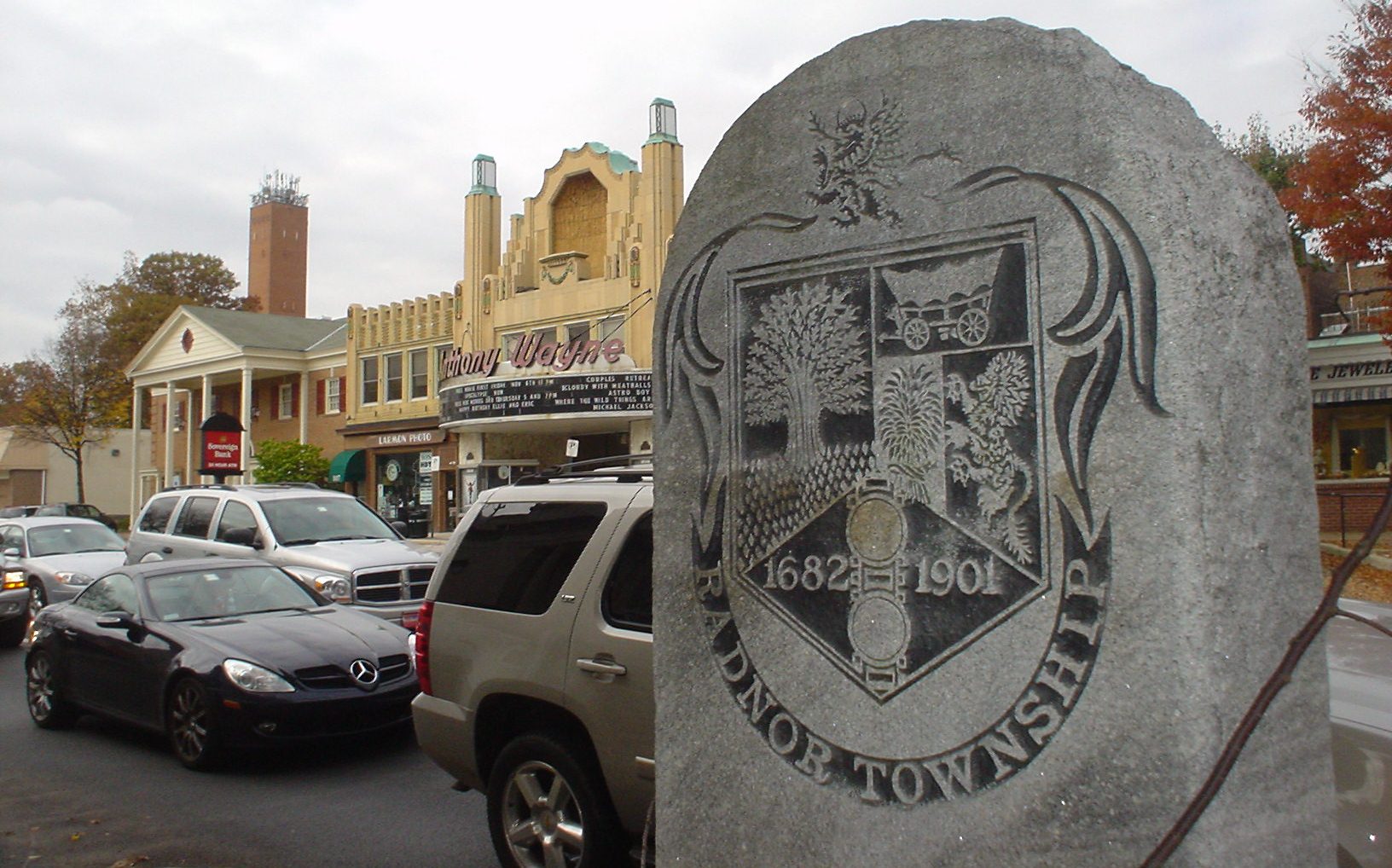Counterpoint: The Economy, Threats to Democracy Are Top Issues

(For an alternate viewpoint, see: “Point: Military Readiness Is a Crucial Election Issue”)
Recent polls show that the economy is still chosen by more voters than any other issue as the most important issue in this election. A Washington Post/Schar School survey shows this to be true also for the swing voters in the swing states — Arizona, Georgia, Michigan, Nevada, Pennsylvania and Wisconsin — the people who are the most likely to decide the presidential election by their voting choices or choice to stay home.
Let’s look at the data as economists do. It is clear that this presidency has been quite successful compared with the prior presidential terms of more than half a century. Exhibit A: Unemployment has been below 4 percent for 28 consecutive months, the longest in more than 70 years.
This, by itself, is a significant achievement. As economist Dean Baker has pointed out, for this and previous episodes of low unemployment, real wages not only grow faster, but inequality is also reduced. In this recovery, he notes, “The real wage (inflation-adjusted) for workers in the bottom decile of the wage distribution rose by 12.1 percent from 2019 to 2023—and this was following decades of stagnation.”
And record lows have been hit for the wage gap between Black and White workers and unemployment rates for Black and Hispanic Americans.
Yet, Democrats have not gotten credit for these and other gains, which were achieved under challenging circumstances. Polling data show Donald Trump pulling ahead in the economy and apparently succeeding, at least to some degree, in blaming them for the whole inflationary episode since the second quarter of 2021.
Again, economists would disagree, as the inflation is understood as overwhelmingly a result of supply disruptions from the pandemic and recovery that followed. Inflation has declined from its peak of 9 percent annually two years ago to 3.3 percent in May. And it is expected to continue to decline further.
This surge in inflation was not brought about by macroeconomic policy choices, and it is pretty much over. It’s possible that by the time the election arrives in November, this will be more widely understood by the public.
The Washington Post/Schar survey finds that the swing voters in swing states put “Threats to Democracy” in second place among the most critical issues. Here, we must recognize an increasing partisan divide that seems to have reached a new, more structurally based phase.
American democracy, even after the Second Reconstruction of the Civil Rights Movement and legislation, has always been limited by various constitutional and legal impediments. These include the Electoral College, the Senate (where a 50-50 split in 2022 had Democrats representing 43 million more people than Republicans), the filibuster, and the ease with which voter suppression and gerrymandering of congressional districts can disenfranchise voters.
Add to this the capture (and corruption) of the Supreme Court and increasing right-wing appointments in other parts of the judiciary, which accelerated under Trump.
As Ari Berman describes the process in his book, “Minority Rule,” after Samuel Alito was appointed to the Supreme Court by George W. Bush, “GOP-appointed judges reliably supported Republican efforts to tilt the rules and institutions of democracy in their favor … which in turn helped Republicans win more elections and appoint more judges, with one undemocratic feature of the system augmenting the other.”
Thus, a new stage of political polarization emerged. It goes beyond the polarization on a set of political, economic and social issues on which there is disagreement between the two major parties. It is an antagonism based on conflicting interests in which one of our two major political parties has an enormous stake in the continued destruction of democracy through consolidation and even expansion of minority rule. The other has the opposite need — political democratization — to pursue most of its goals and perhaps for its own political survival.
Please follow DVJournal on social media: Twitter@DVJournal or Facebook.com/DelawareValleyJournal


